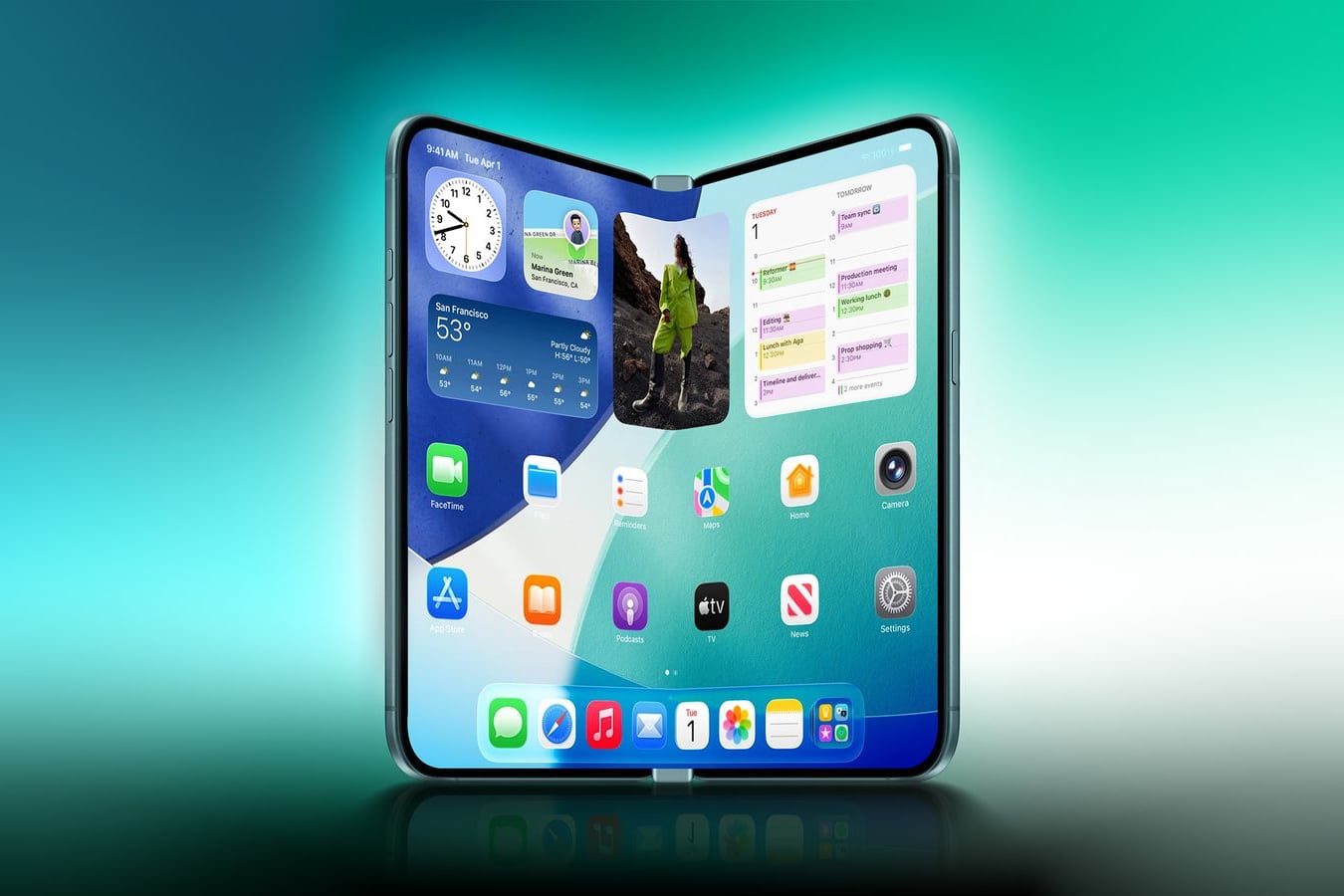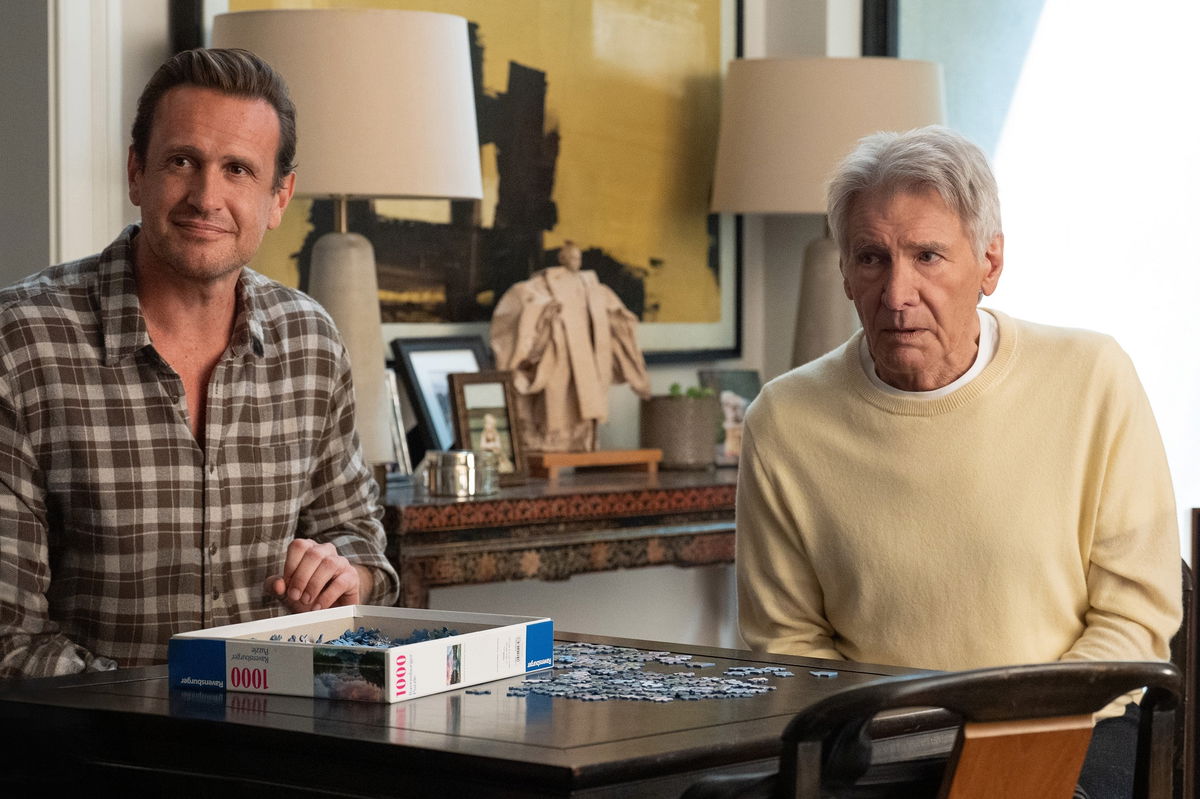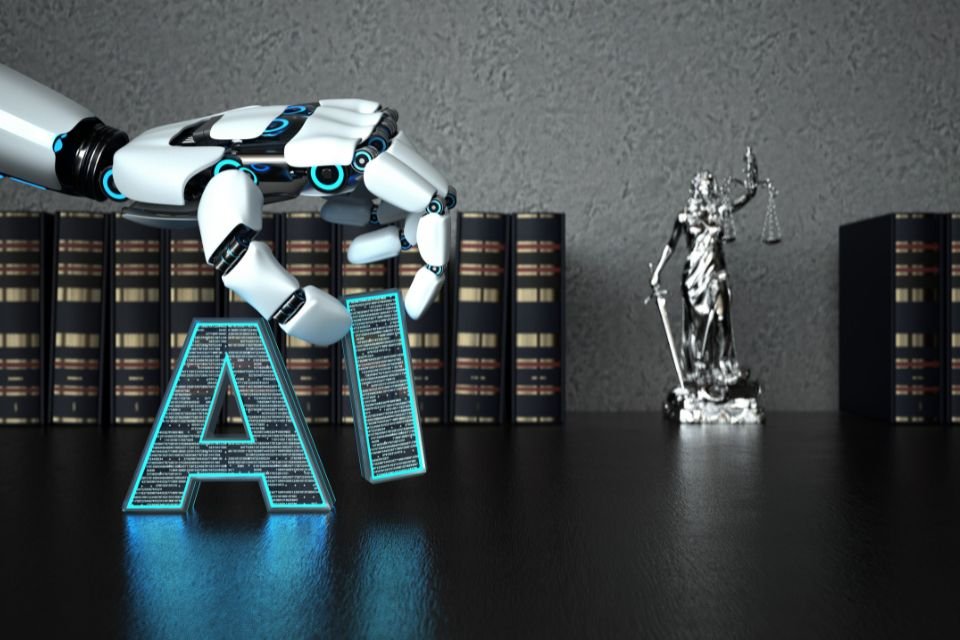Per Raphael Bagolin.
The Guarantee Fund was stopped at the Supreme Court; The ex-president’s eligibility was voted in TSE; and the new minister of the STF, approved by Congress. But when two or more lawyers meet, nothing else is talked about: ChatGPT.
And this is understandable. Within a few months, he left the aficionado’s underworld and some professions began to threaten extinction.. But its creator, Sam Altman, said on a recent trip to Brazil that the number of jobs developed by this technology will outnumber those that are endangered.
And in which column should the law remain? In professions that will be developed by Artificial Intelligence or in professions that are potentially disappearing?
In an objective analysis, it seems likely that an AI would be able to compile legal information and triangulate the situations in which this information should be applied to meet users’ legal needs. Maybe not all, but a good part.
Let’s not forget that law is not an exact science. It is usually based on human sensitivity. In the ability to interpret and evaluate different and unprecedented situations with wisdom, insight and even empathy.
Also, replacing the lawyer with Artificial Intelligence is not entirely dependent on technology or the will of its users. The law requires that legal and legal processes be carried out by duly licensed and regulated professionals. And this is perhaps a change that I or my son’s generation may not see happen.
Then the law will be included in the technology-enhanced professions column. Artificial Intelligence, as a tool rather than a threat, has much to contribute to the productivity of lawyers. At least in the near future.
About 50% of a lawyer’s work time is involved in calculations, searching for information and case law, signing contracts, etc. It is divided into micro-tasks that are not related to law, such as Think about what it means to be able to do all this in a very short time using AI tools like the ones we developed at Jufy.
The focus is never on creating mechanisms that can replace the lawyer, but on supporting him so that he can produce more and better, devote himself to the essence of Law, and provide more benefits to his clients and his career. .
The truth is that once triggered, AI technology cannot be stopped. It will continue to be used in the most different ways by professionals of all kinds, as well as by users who absolutely do not want to trust a professional.
And then it’s time to discuss whether it’s morally acceptable for someone without adequate training to use AI to do their jobs for regulated professionals who respond to ethical advice. Also how right the same professionals are using it without proper editing. Like the case of lawyers using ChatGPT to file petitions.
In April, Benedito Gonçalves, Minister of the Supreme Electoral Court (TSE), Lawyer who filed written petition with ChatGPT fined BRL 2,400 to participate in a process as “amicus curiae”.

Curiously, TSE decisions do not include “amicus curiae” intervention. Even more interesting is that the petition itself said it would not be appropriate for the court to follow directions from an AI program.
Would the minister have realized that it was an AI-manufactured piece if the petition itself had not stated that it was?
In the US, regulating the use of technologies such as ChatGPT is already being discussed. To protect not only professions but also citizens who may be the target of service delivery by unqualified persons. Altman argues that while regulation isn’t easy, it should be “to ensure we don’t have major mistakes that could negatively impact the world.”
regulates the use of AIs and more specifically lawyers, can redefine the profession and put it in the column of those to be healed for a long time.
But more than that: providing security to citizens who need legal advice by making sure that their representatives can defend their interests, even using all possible technology.
The analog or digital world will always have good lawyers. And making the most of technologies can define a good lawyer from now on.
****
Rafael Bagolin is a lawyer and CEO of Jusfy.
Source: Tec Mundo
I am a passionate and hardworking journalist with an eye for detail. I specialize in the field of news reporting, and have been writing for Gadget Onus, a renowned online news site, since 2019. As the author of their Hot News section, I’m proud to be at the forefront of today’s headlines and current affairs.










